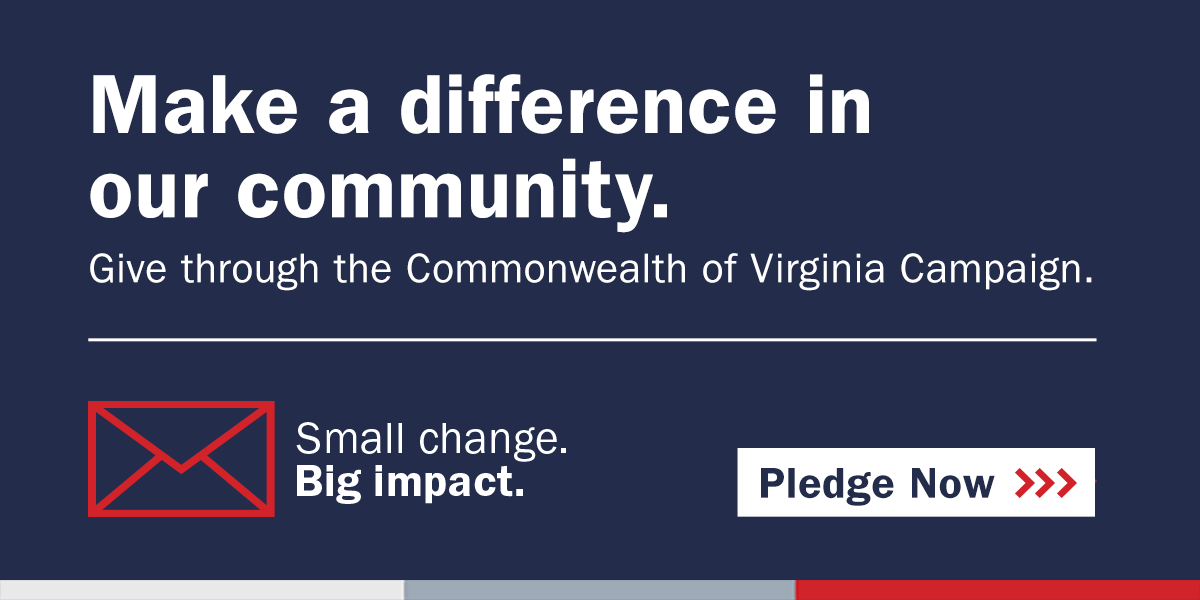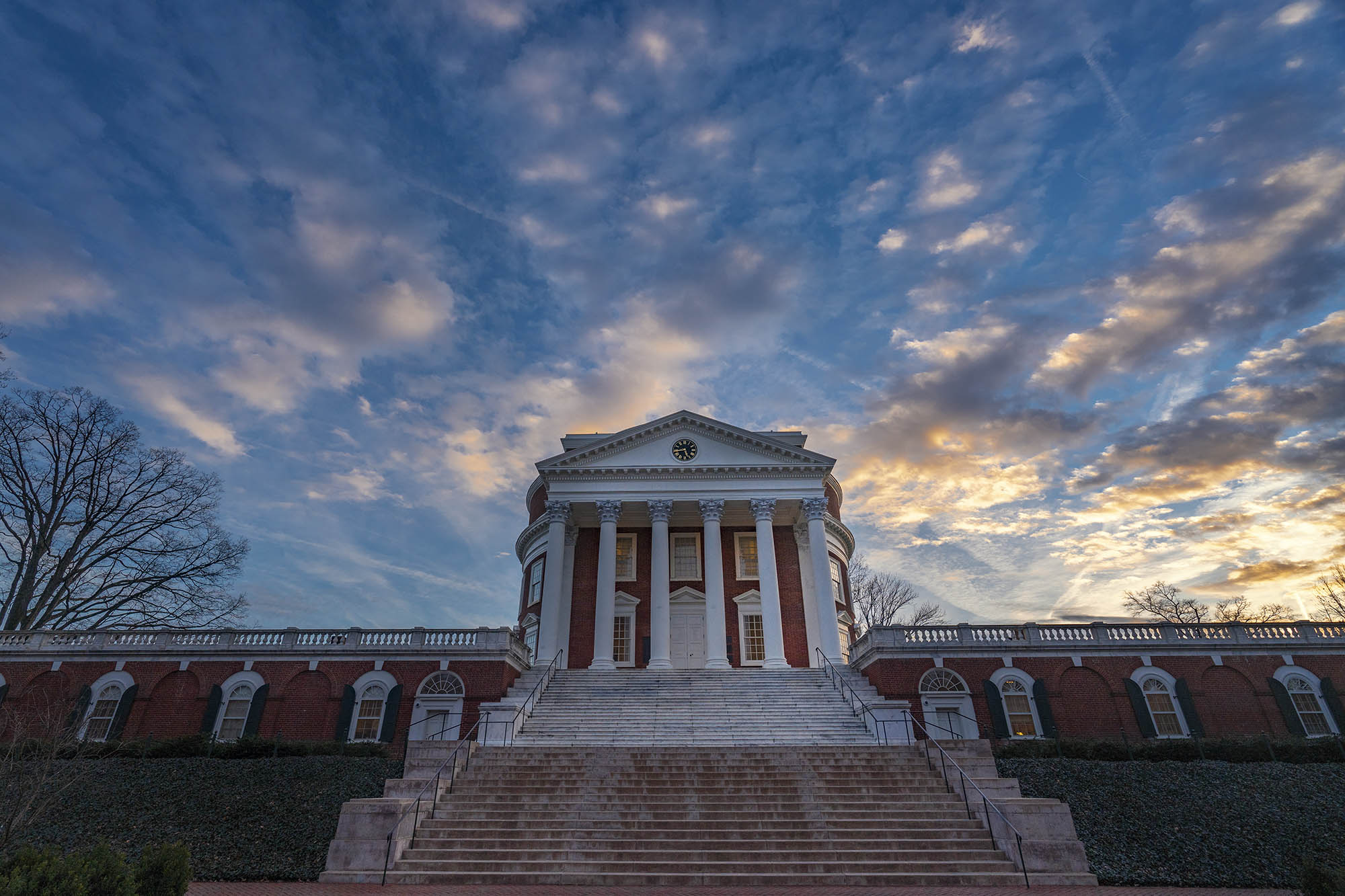The University of Virginia is piloting a new program to provide students an opportunity to learn directly from international practitioners from around the globe. The Global Mentors Program, offered from the Office of Vice Provost from Global Affairs, is seeking proposals from faculty members and hopes to connect students with mentors who work in globally oriented fields.
“One of UVA’s important goals is to provide each student with a global experience before graduation,” Stephen Mull, vice provost for global affairs, said. “This new program aims to bring some of those global experiences to Grounds.”
The program will start in the spring semester as a pilot. During Phase 1 of the pilot, the global mentors will participate in activities across departments, schools, Grounds and Charlottesville at large via digital platforms.
If Phase 1 is successful, the program will look to launch a Phase 2 once travel restrictions have been lifted, allowing UVA faculty and students to travel abroad and the mentors to visit UVA. This will establish the two-way flow of people and ideas that is at the core of the program’s mission.
UVA is looking for mentors in fields of:
- Global environments and sustainability, including design.
- Global public health.
- Global development (including income inequality).
- Global security and justice (including reckoning and reparations).
- Indigenous studies.
- Global commerce.
- Global civil engineering.
- Community activism.
- Democracy building.
“These global mentorships will provide students with important connections as they learn to operate in a complex global world,” Mull said. “Global mentors will be part of UVA’s teaching family and will enable us to establish robust two-way exchanges with the world of practice and effect.”
This could include mentors such as Mandla Majola of South Africa, who has a deep history in AIDS activism. He has worked with UVA students for several years now, meeting them during summer study abroad and research internships. He spent time with them, introducing them to Cape Town and linking them with local activists and community leaders and in general helping orient students to the complexities and opportunities of public health advocacy and community organizing in South Africa.
“His input has been critical in helping to sustain both the UVA Field School for Community Health Research as well as several community-based projects UVA students have been involved in, including a support group for women living with chronic diseases,” Chris Colvin, associate professor for public health sciences, said.

Arts activist Xolile ‘X’ Madinda, artist and founder of The Black Power Station in Makhanda, South Africa, is another example of the kind of mentorship UVA is seeking with this new program.
Noel Lobley, an assistant professor of music, said that Madinda has been an invaluable guide to multiple UVA students – undergraduates and postgraduates alike – for the last five years. “He has been working very closely with a range of different courses and projects at UVA, including music courses (‘African Electronic Music,’ ‘Curating Sound’ and ‘Sound Studies’), global development studies, architecture and anthropology courses,” he said. “An expanding team of students, faculty and artists continues to explore possibilities for sharing curricula, resources and ‘sister spaces.’”
Cliff Maxwell, general manager for Global Grounds, a unit in the Office of the Vice Provost for Global Affairs that is leading the project, said that these are examples of sustained and reciprocal relationships among faculty, staff, students and mentors that the Global Mentors Program hopes to encourage and facilitate.
“We want to build on these informal relationships that already exist,” he said. “This is one of the ways we can build knowledge and cement the friendship with mentors and other valued community partners in the learning process.”
Media Contact
Article Information
December 7, 2020
/content/program-seeks-cement-student-faculty-connections-international-mentors

